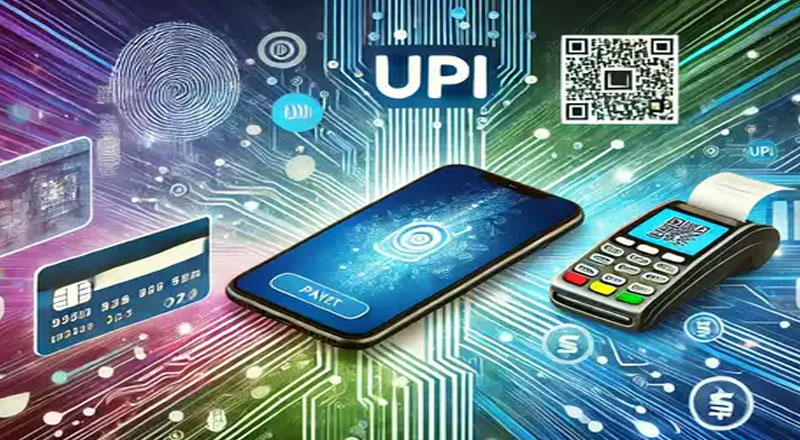The National Payments Corporation of India (NPCI) has introduced significant changes to the Unified Payments Interface (UPI) transaction framework, impacting both domestic and international users. Notably, the “QR share and pay” method for international UPI transactions has been entirely discontinued, while domestic transactions face new limitations.
The most significant change is the cessation of UPI transactions via “QR share and pay” for international payments. This means that Non-Resident Indians (NRIs) and other Indian citizens abroad will no longer be able to scan QR codes shared by merchants through messaging applications like WhatsApp or social media to complete payments. This method, previously a convenient way to facilitate cross-border transactions, is now rendered obsolete.
NPCI’s decision aims to strengthen compliance and mitigate risks associated with international UPI transactions. However, this move reduces the flexibility and ease of use for Indian users making remote international payments. As Jai Kumar, co-founder of TechFini, points out, “While the move strengthens compliance and risk mitigation, it does reduce the flexibility and ease of use for Indian users making remote international payments.”
For domestic transactions, NPCI has implemented a limit of ₹2,000 for payments made to non-verified offline merchants (P2M) via the “QR share and pay” method. This means that for merchants within India who are not registered with NPCI, users will be unable to make payments exceeding ₹2,000 at a time using shared QR codes. This measure aims to enhance security and prevent potential fraud within the domestic payment ecosystem.
In addition to the changes related to QR code transactions, NPCI has also discontinued the use of “collect requests” for loading wallets or prepaid cards. Collect requests, where the merchant initiates the transaction and the customer approves it, have been identified as a vulnerability prone to fraud. Consequently, customers will now need to initiate transactions themselves or generate a “push request” to load their wallets or gift cards.
These changes implemented by NPCI are designed to bolster the security of UPI transactions, particularly in the international context, and streamline domestic payment processes. While these measures may introduce some inconvenience for users, they are expected to create a safer and more secure digital payment ecosystem.
As Kumar explains, “By limiting remote international payments, the NPCI and banks aim to curb the risk of fraud, prevent misuse, and ensure more controlled oversight of cross-border financial flows.” This move reflects NPCI’s commitment to maintaining the integrity and security of the UPI platform, even if it means sacrificing some degree of convenience. The changes are expected to have the largest impact on NRIs and frequent International travelers.





